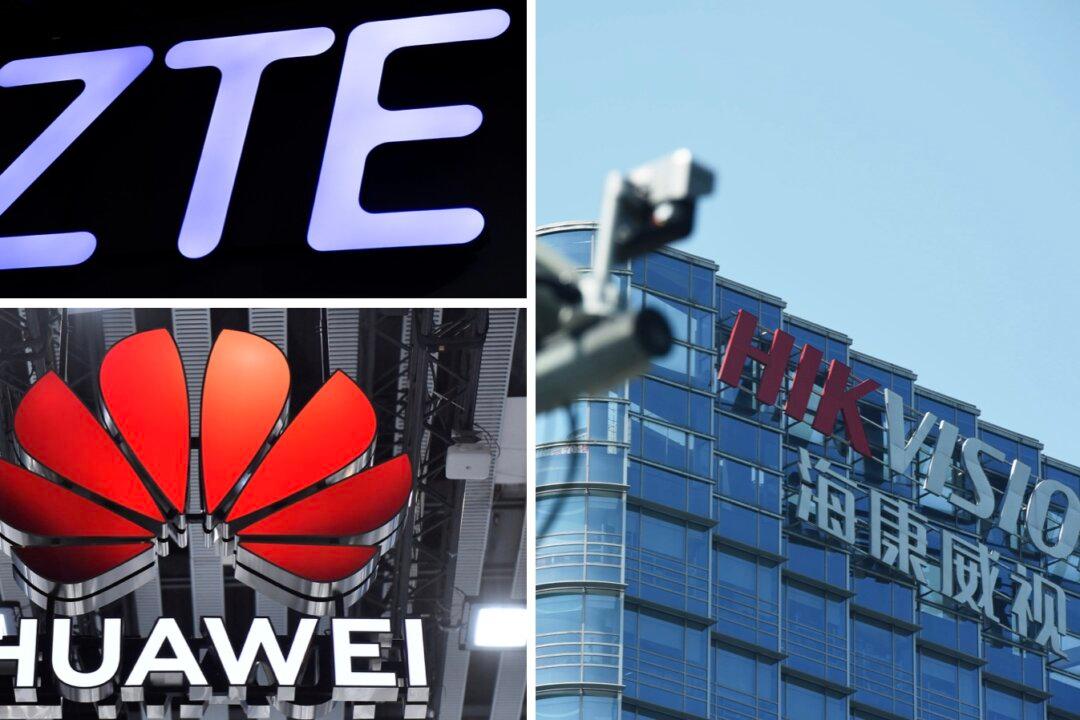Nebraska Gov. Jim Pillen on Thursday announced he issued an executive order to ban the state government and its contractors from using equipment and services produced by a list of companies linked to the Chinese Communist Party (CCP).
Pillen, a Republican, said in a statement the executive order will keep the CCP from “using technology to infiltrate and influence” Nebraska’s infrastructure.




